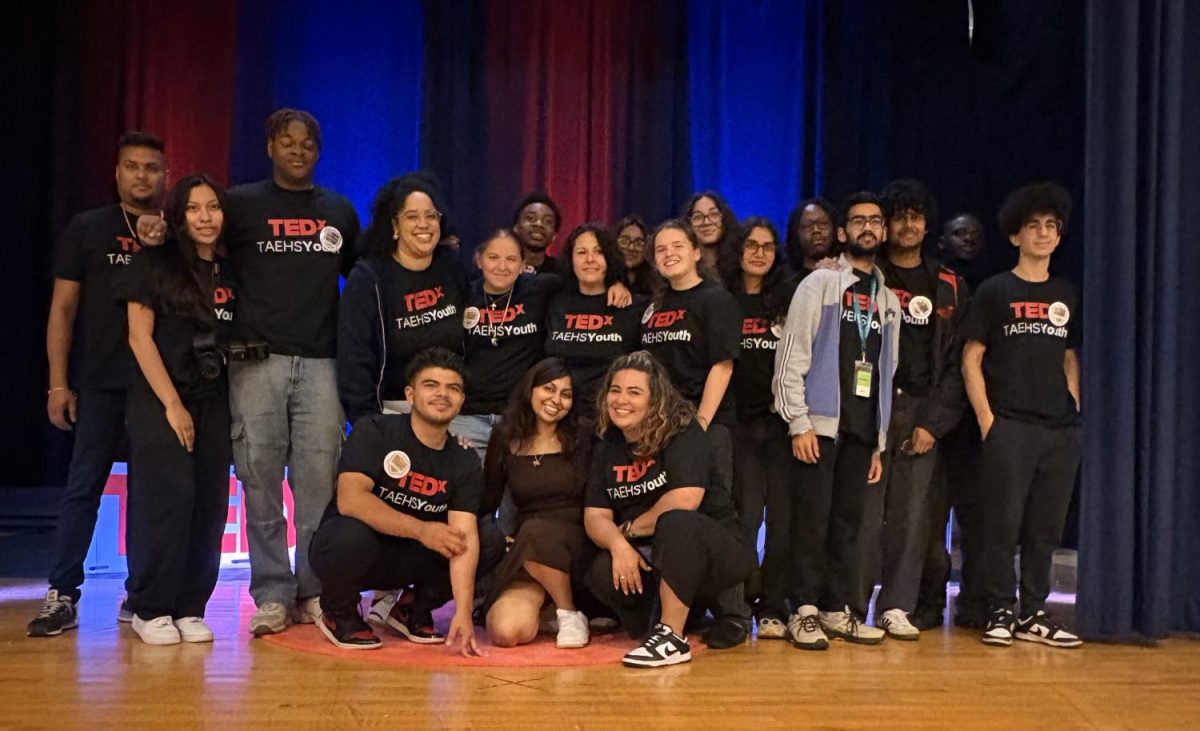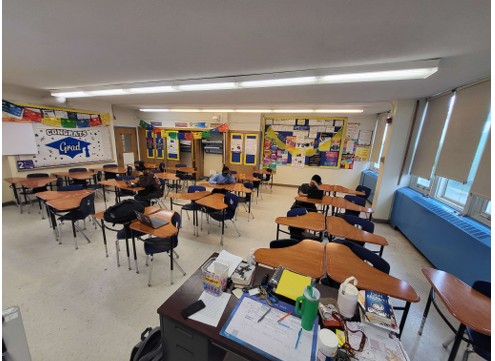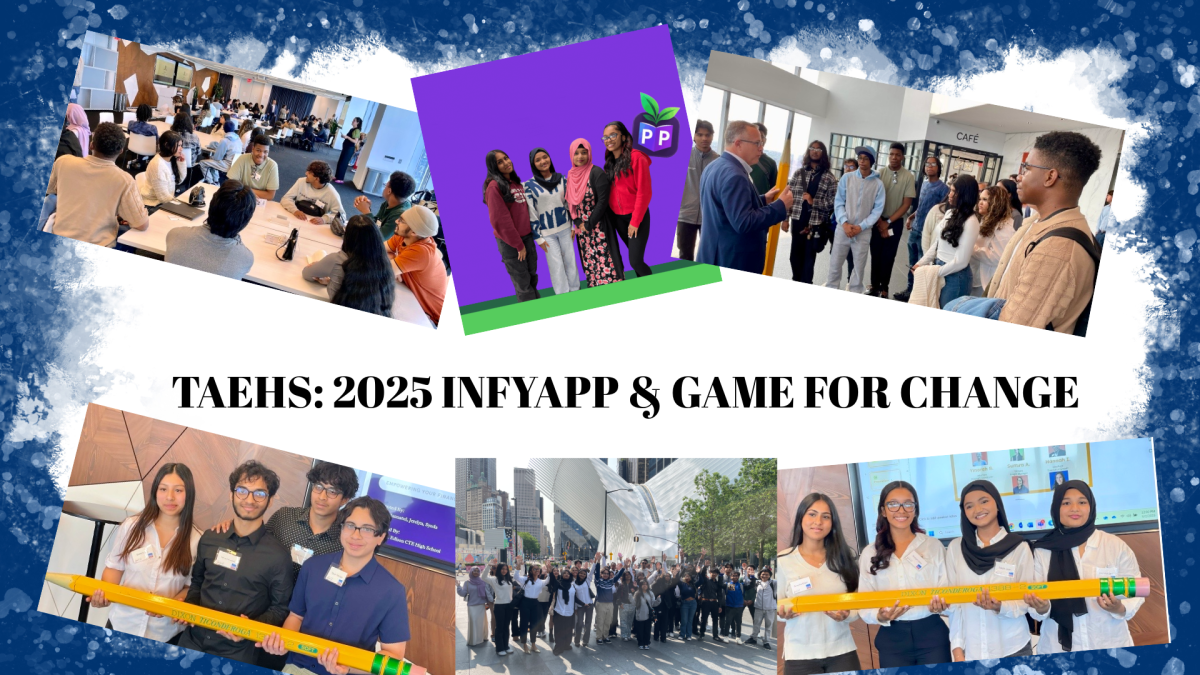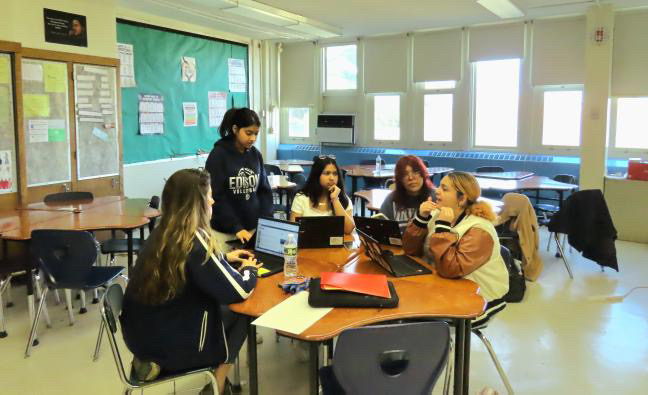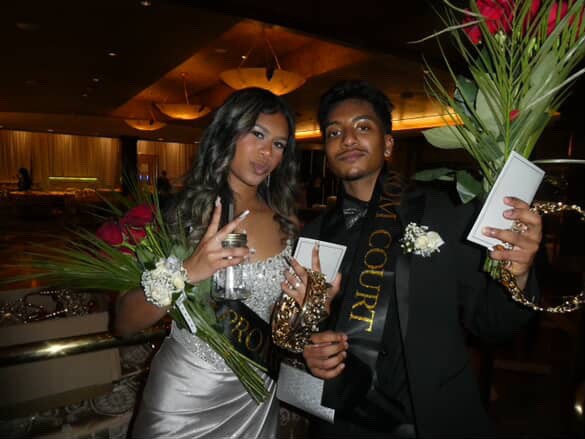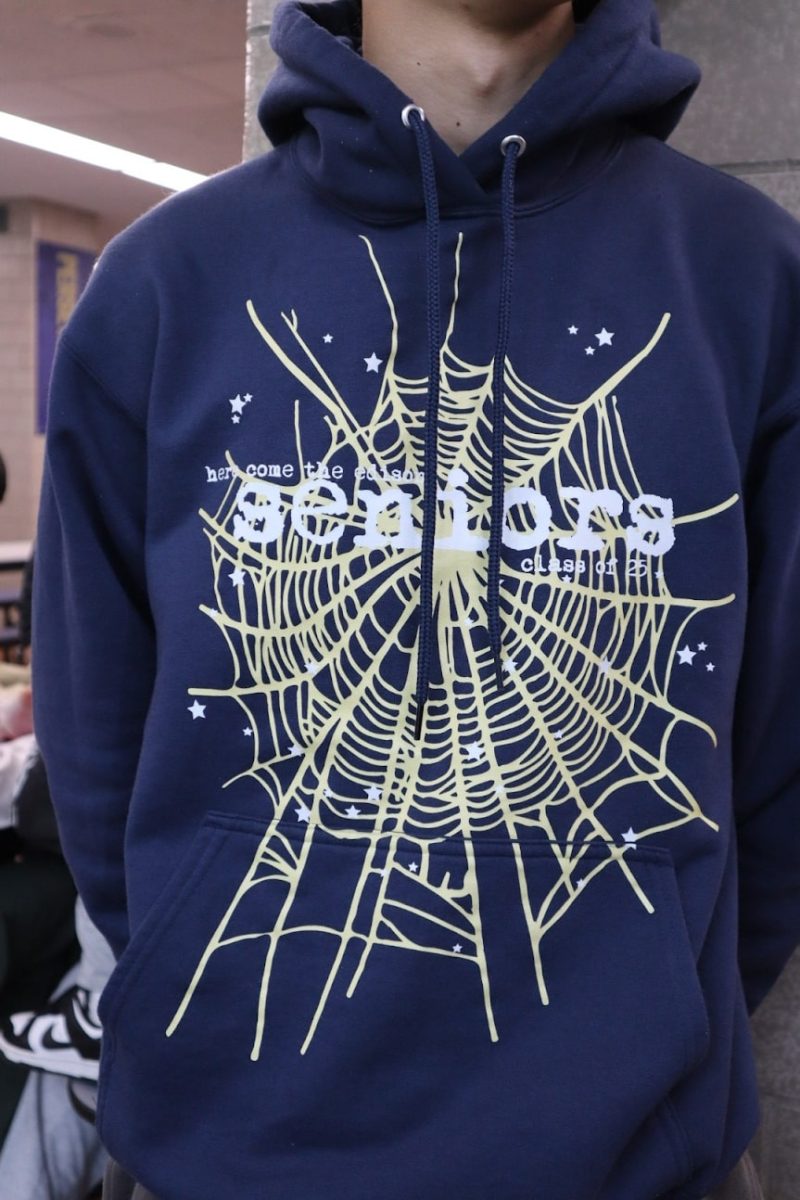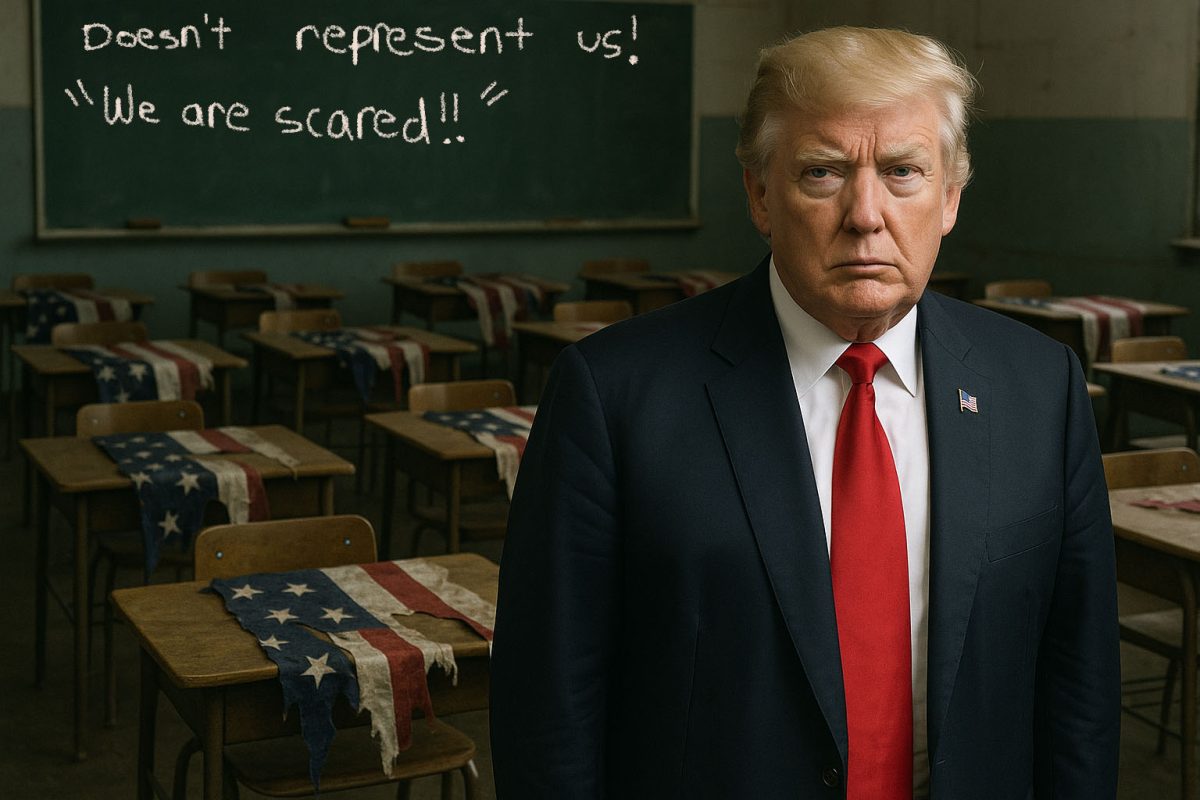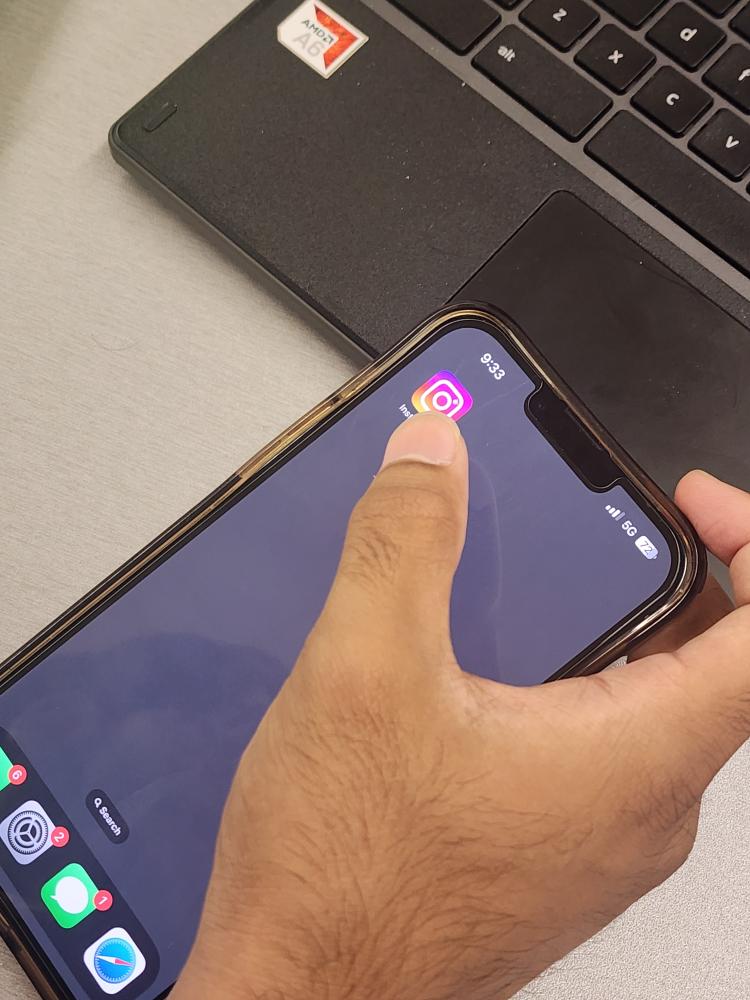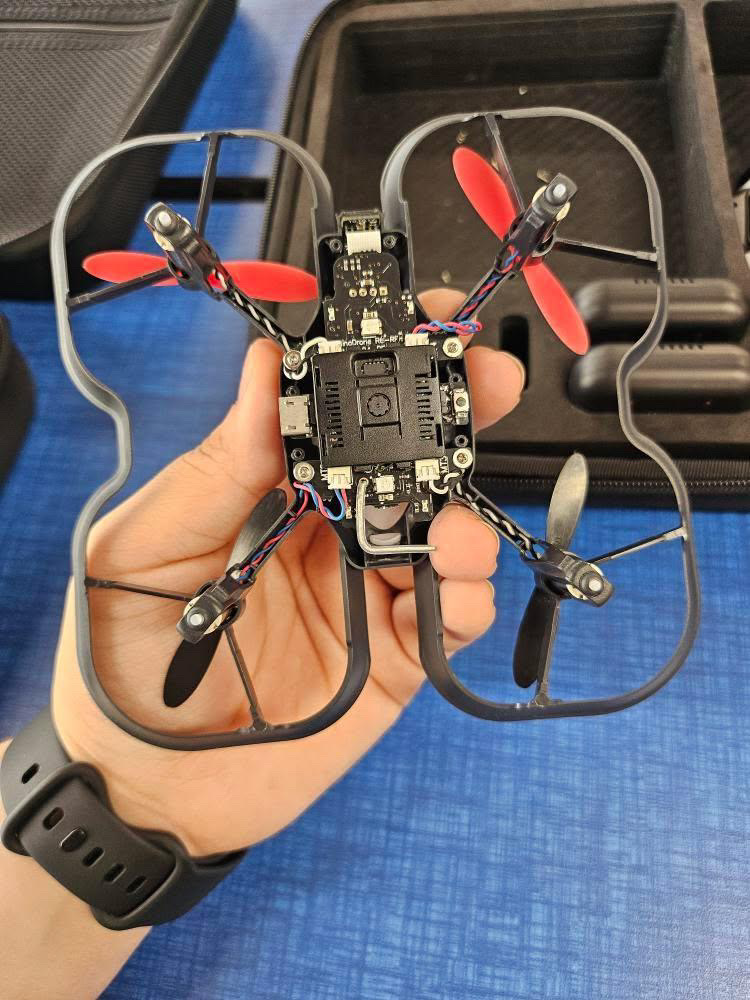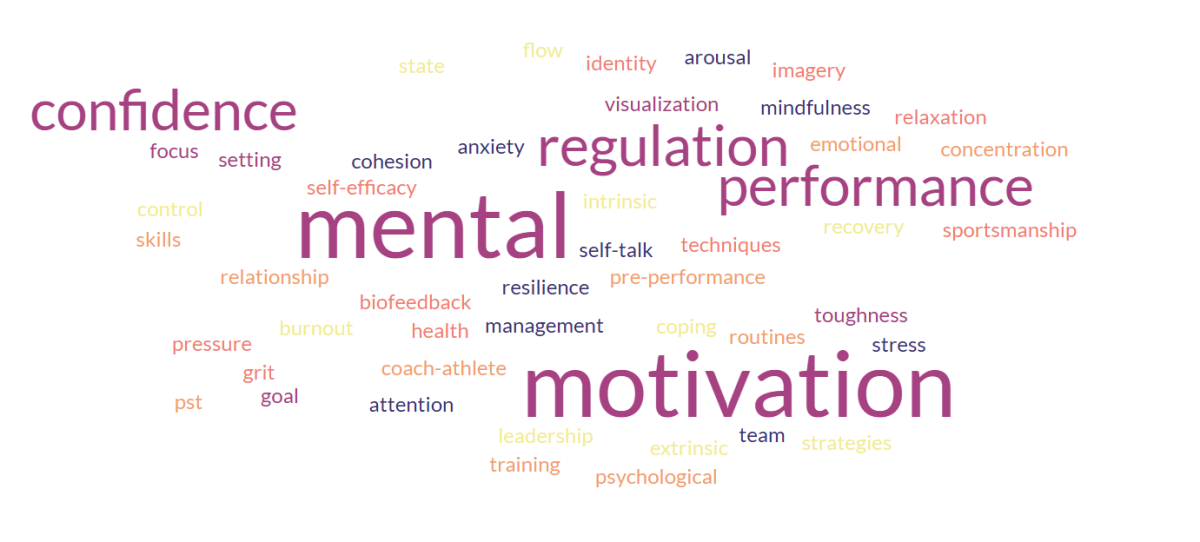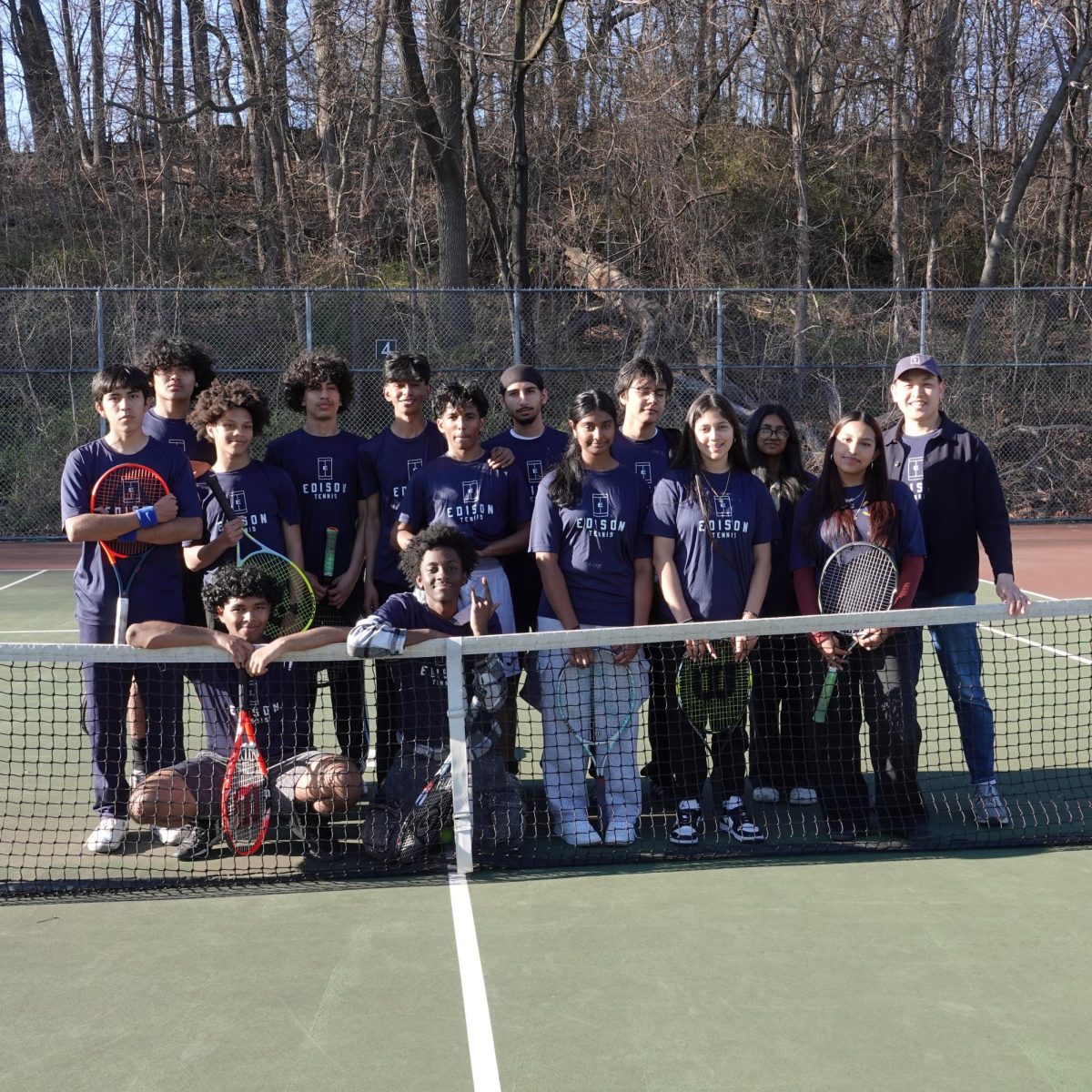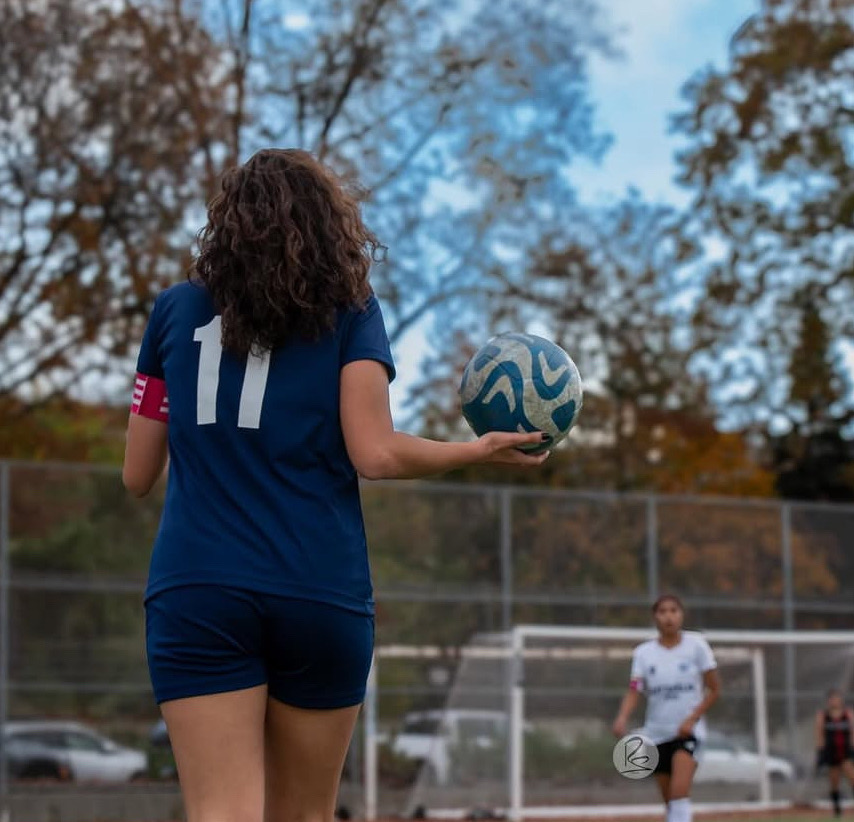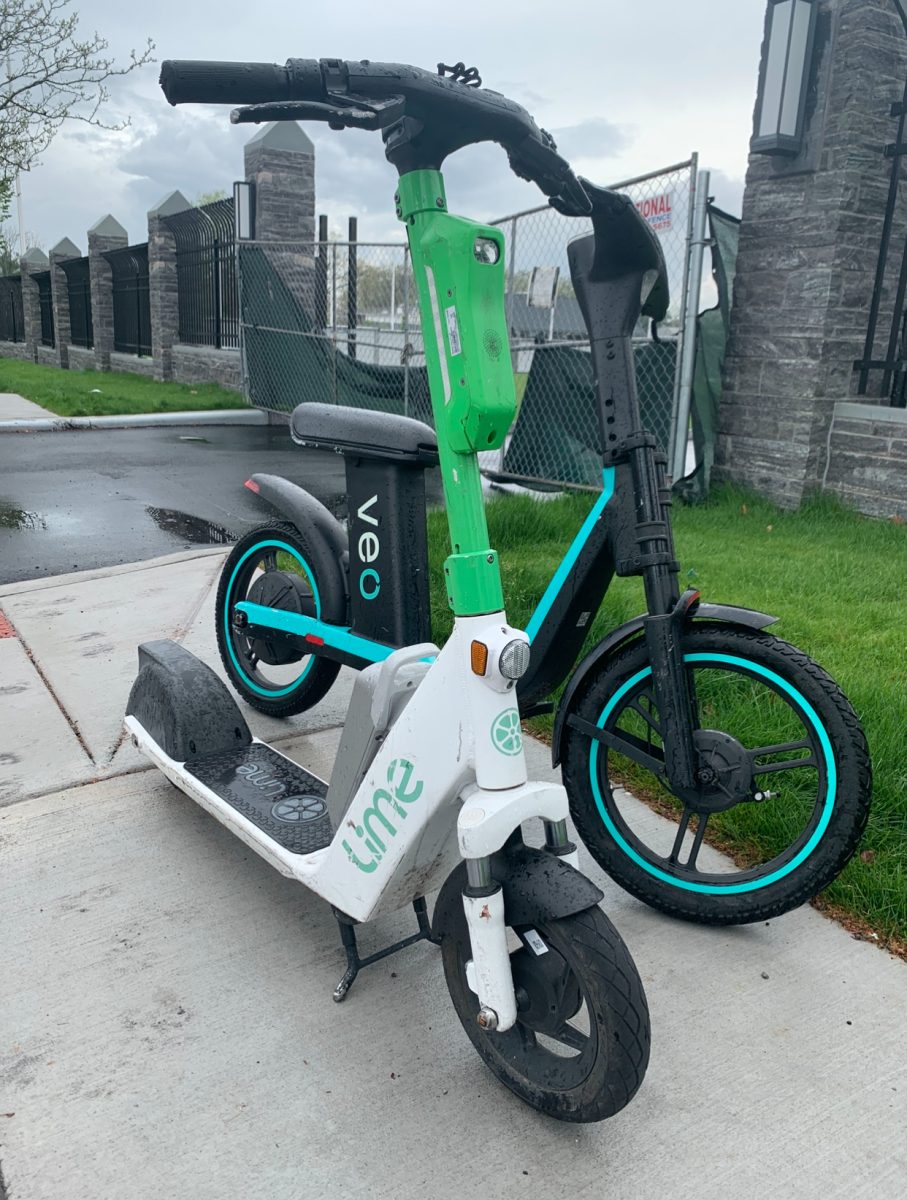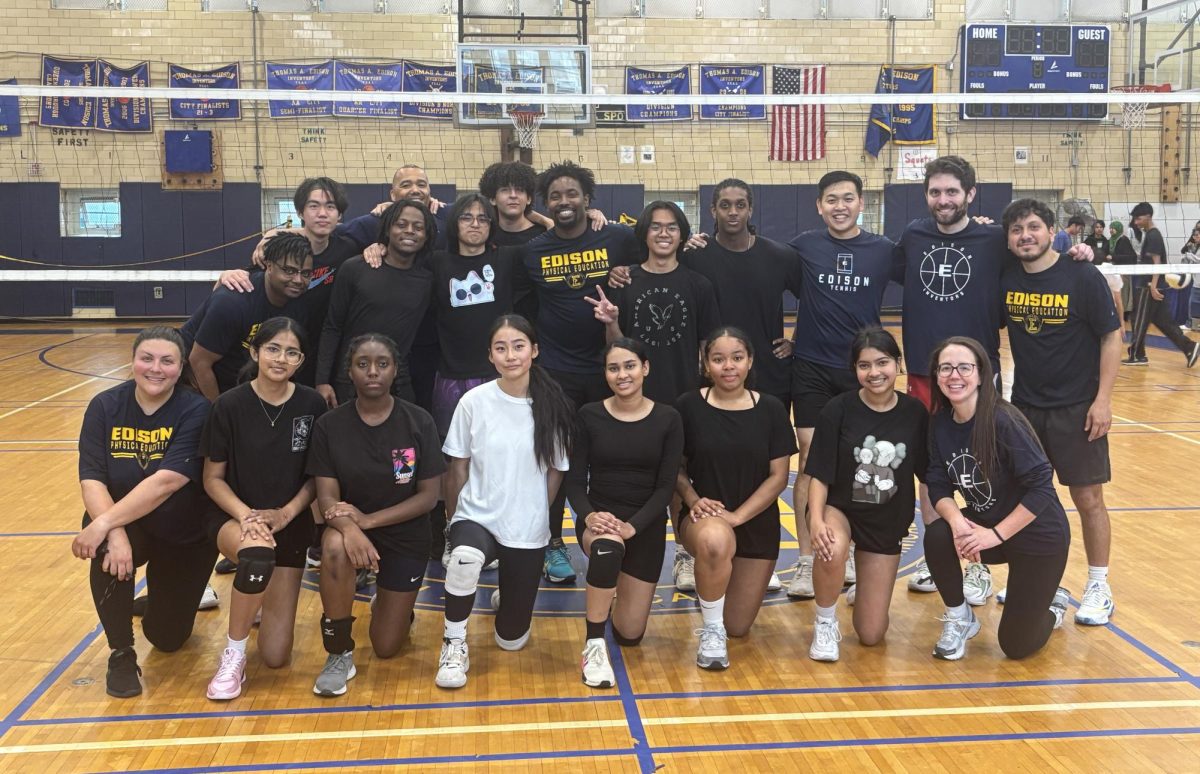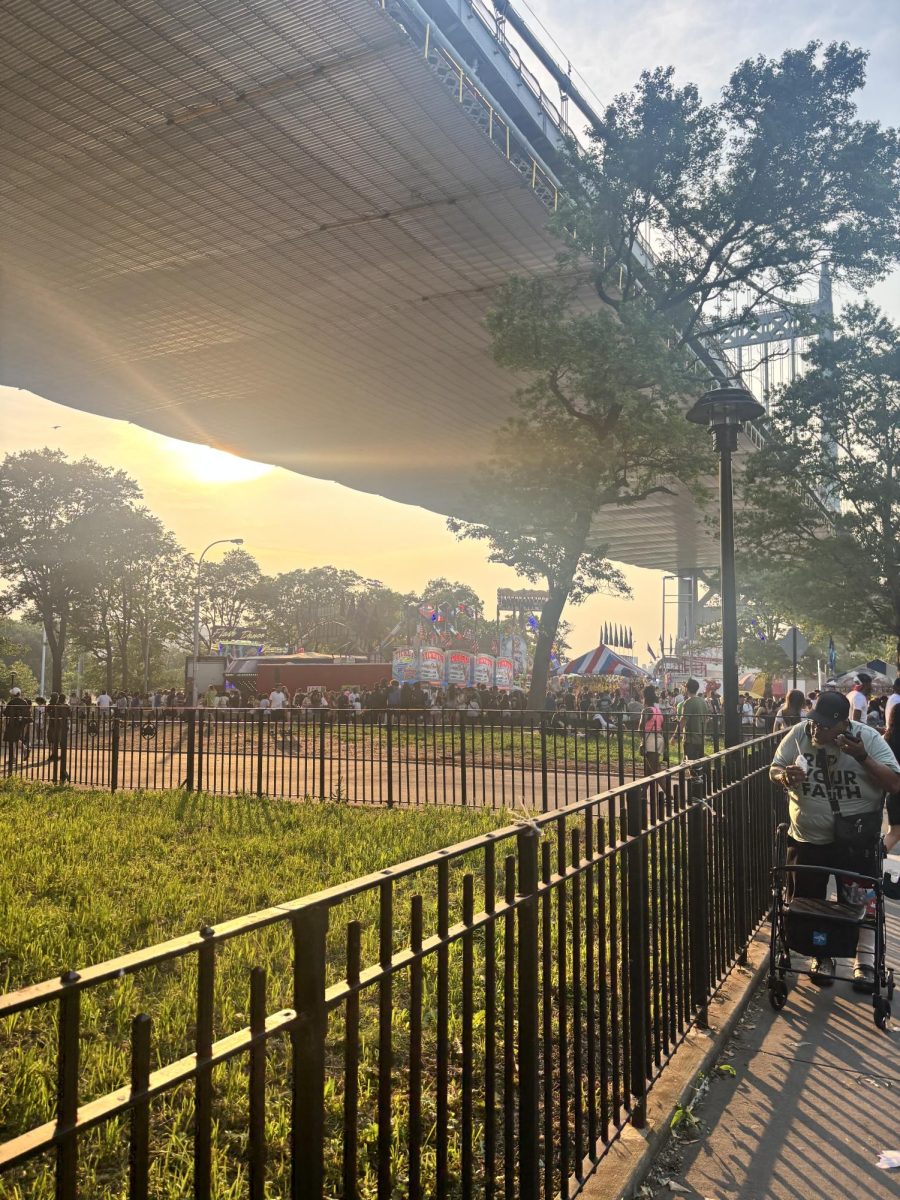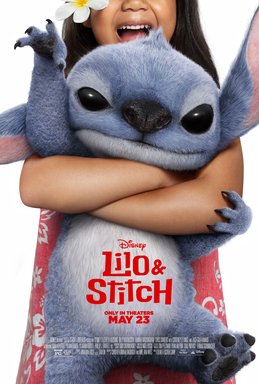TikTok, one of the most popular and well-known social media platforms at the moment, is under scrutiny and a potential nationwide ban in the United States amid security and privacy concerns regarding the app.
“I feel like TikTok is just an app now that everyone uses and enjoys. I find myself scrolling for hours late at night, usually before bed or at random times throughout the day. I think that it’s something that a lot of people use to just wind down,” Junior Shawn Ramrattan said.
The potential nationwide ban of TikTok by the U.S. government and Congress has sparked a heated debate, primarily driven by concerns over national security and alleged ties to the Chinese Communist Party. At the core of this discussion are questions surrounding data privacy, constitutional rights, economic impact, global diplomacy, privacy, surveillance, civil liberties, and freedom of expression.
“I can’t say I’m too worried about security concerns. I mean, yeah, I’ve heard about the talks of a ban, but I’ve never really thought about how it could affect me personally. I guess I just trust that TikTok has things under control,” senior Gagandip Singh said.
TikTok, a social media platform owned by ByteDance, has faced intense scrutiny over its data handling practices and potential connections to the Chinese government. Critics argue that the platform’s vast user base could make it susceptible to foreign influence and espionage. While TikTok has consistently denied any affiliation with the Chinese Communist Party and emphasizes its independence, policymakers remain wary of the potential risks to national security.
“I’m a bit in the middle about TikTok’s data privacy. On one hand, it’s kind of creepy how the app seems to know exactly what I’m interested in and has so much information on me, but on the other hand, I’ve never felt like my privacy was seriously compromised. Still, knowing about all the data they have collected on me does make me pause and wonder,” Shawn Ramrattan said.
The prospect of banning TikTok raises significant constitutional concerns, particularly regarding freedom of speech and due process. Critics fear that such a ban could infringe upon these fundamental rights without sufficient evidence of wrongdoing. Policymakers must navigate the delicate balance between security precautions and constitutional protections, ensuring that any actions taken uphold the principles of democracy and individual liberties enshrined in the Constitution.
“I think that this is for sure a very tricky and slippery issue that needs careful decision-making. This is something that needs to be seen from all different perspectives and angles with proper processing so that they can come to the best conclusion and not infringe upon anybody’s rights,” Mr.Pena, English teacher, said.
A nationwide ban on TikTok could have profound repercussions for the many who use this as more than just an app and use it as a tool to turn it into a career and a living. Such a ban would be detrimental to those people, specifically content creators and those whose livelihood depends on social media creation and engagement to push themselves as their own business and career. TikTok has become a vital marketing tool for those across various industries, enabling them to reach millions of users and drive engagement. The loss of access to TikTok’s expansive user base could disrupt marketing strategies, revenue, and market competitiveness, particularly for small businesses and entrepreneurs who use this as a form of expressing their art and business.
“As someone who enjoys creating content on TikTok, a ban would be a major setback. It’s not just about sharing funny videos; it’s a way for me to express myself and a way to connect with people who share my interests. This is an app that supports me and my career and is a big reason as to why I am where I am today doing what I love most, expressing my universe. Losing that platform would stifle my creative output and impact the way I connect with my audience to push every single one of them to express their own universe and pursue their dreams,” Edison alumni, David Pazmino said.
The uncertainty surrounding the ban could create a chilling effect on investment and innovation in the digital sector. Businesses may hesitate to invest in emerging technologies or expand their digital presence amid regulatory uncertainty, stifling growth and economic development.
“I think that TikTok is a great business opportunity that a lot of people are taking advantage of which pushes not only themselves forward but also the economy. Taking away people’s main source of income and stability will be extremely hard on them and the economy,” said Pena.
The TikTok debate extends beyond domestic concerns, impacting global perceptions of U.S. tech policy and digital governance. A nationwide ban on TikTok could strain diplomatic relations with China, especially with China’s Leader, Xi Jinping, stating that he does not approve a forced sale of TikTok, the alternative option being proposed to ByteDance, to sell the app in 6 months or be banned within the United State’s border. This could set a precedent for how other countries approach similar challenges. How the United States handles the TikTok issue will likely influence international cooperation and governance in the digital age, shaping the future of global tech policy.
“This is global news, something that is being shared all throughout the world and people are seeing how this situation is being dealt with. Seeing how the U.S. is dealing with this might affect how other nations deal with issues that are similar to this one,” Singh said.
In addition to economic and diplomatic considerations, a ban on TikTok raises broader questions about data privacy and surveillance. The collection of vast amounts of user data by social media platforms has long been a contentious issue, with concerns about potential abuse and exploitation. Policy-makers must address these privacy concerns while balancing the need for national security, ensuring that any measures taken are proportional and transparent.
“TikTok is not the only app that takes users’ information, almost every app on your phone does this. There needs to be complete transparency as to what this information is used for and where it ends up so that users feel that they are being protected and their information is kept safe,” Ramrattan said.
Central to the TikTok debate is the tension between security imperatives and civil liberties. While national security must be prioritized, policymakers must ensure that any actions taken do not unduly restrict freedom of expression online. The potential impact on online speech and expression underscores the importance of finding a balanced approach that protects individual liberties while addressing legitimate security concerns.
“It is obviously very tricky to find that perfect balance between the two. I think that citizens’ rights and freedoms need to be protected because these are what allow us to express ourselves and are what democracy stands for,” Pazmino said.
As policymakers navigate the TikTok conundrum, they must carefully consider the implications of their decisions on national security, constitutional rights, economic prosperity, global relations, privacy, surveillance, and freedom of expression and ensure that the decision that they make is the best for the nation. Any actions taken must uphold democratic values while safeguarding the interests of citizens and businesses. Ultimately, the TikTok debate serves as a pivotal moment in the ongoing discourse surrounding technology regulation, highlighting the need for nuanced solutions that strike a balance between security and individual liberties in the digital age.

